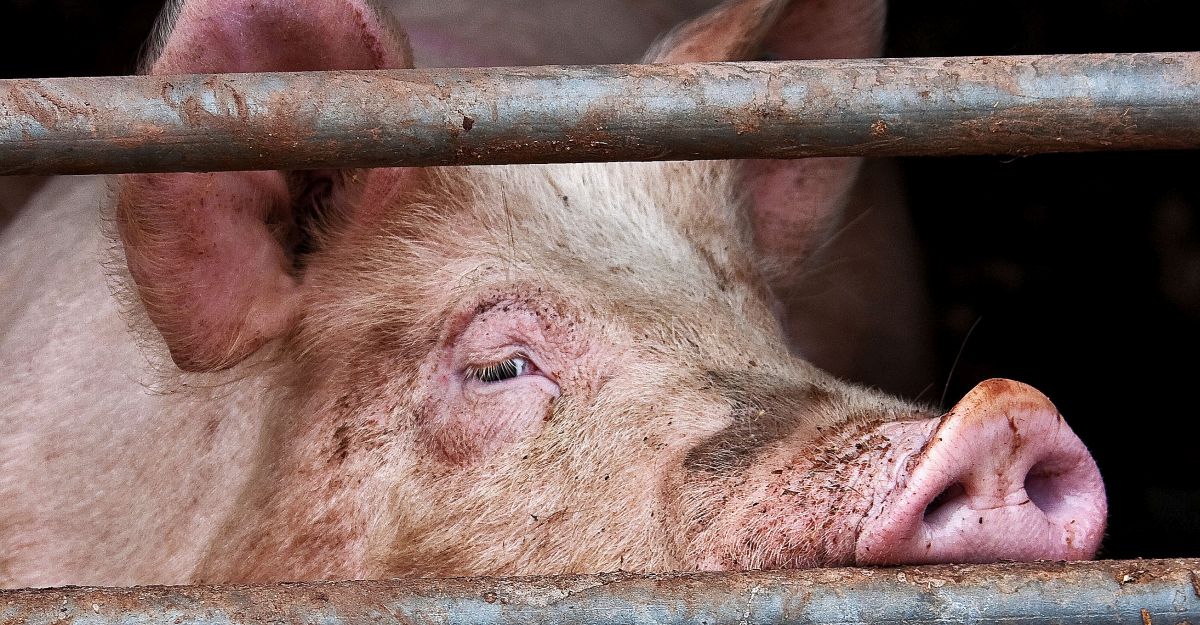People move into aged care residencies because they can no longer look after themselves. In 2010, the Australian Institute of Health and Welfare reported that 169,000 people were living in residential aged care, and legions of carers look after the basic needs of these clients: nutrition, hygiene, toileting. These are physical needs, but we know that ageing – the slow and eventual decay of the human body – impacts the body and the mind.
According to the authors of Brain Ageing, the natural neurological decline begins around 60, impairing the memory, attention, decision-making, and information processing functions.
Dementia is also common, affecting three in ten people over 85, and one in ten over 65. A report on dementia in Australia states: ‘Dementia is not a single specific disease. It is an umbrella term describing a syndrome associated with more than 100 different diseases that are characterised by the impairment of brain function, including language, memory, perception, personality and cognitive skills.’ We could ask: what age do cognitive abilities become impaired? At what age must one relinquish autonomy, adulthood, individualism? And frankly, at what age does this process reverse one’s capacities, transforming one into a virtual infant in a twisted Benjamin Button-esque ageing process?
My dad announced this day for my grandparents when my cousins and I were playing a child’s version of bocce on the lawn. My Dad called us to attention. ‘Grandma has Parkinson’s,’ he said. Aha! That was the reason for the flutter in her voice, the shake in her hands as she reached up to the jar of lollies kept just for us grandkids. Ten years later, my parents were woken with an early morning call: Grandma had broken her hip attempting to carry an ironing board. She was 77. That was the end of her and Poppa living in a house by themselves. It’s a common experience as the 169,000 people were living in residential aged care and their families can attest. A loved one ages; along with liver spots and papery skin, they become quieter, slower, stiller. Their spirit thins out and they edge closer to the land of shadows. To most, autonomy slips through shaking fingers like dishwashing suds.
Harper Lee, the author of To Kill a Mockingbird, is like my grandmother in this respect. She has lived a long life of independence: after the publication of Mockingbird, she struck out and moved to a new city. She worked and then she returned to the town she was born in. And now, at 88, Lee lives in the very same town. She moved into an assisted-living centre following a stroke in 2007.
After a discovery of Lee’s old manuscript, Go Set a Watchman, HarperCollins have decided it’s appropriate to release the long lost novel. This is despite knowledge of the decline in her faculties – her editor said in an interview that she ‘is getting progressively deafer and more blind.’
If Lee is in an assisted-living centre, with these bodily failures, does she have the autonomy to make the monumental decision to publish her ‘recently discovered’ novel?
With loss of autonomy comes a fresh vulnerability: a weakened capacity for self-care, a loss of the ability to protect oneself from harm or deception. After Grandma’s fall, her and Poppa moved to an aged care residency. But they didn’t choose their new home. My family agreed this was beyond their capacity, and we organised the best place possible. My grandparents’ autonomy had declined, and they handed the decisions to their loved ones, knowing their wellbeing would be respected.
My grandparents, unlike some, were lucky to have a loving family who advocated and cared. Harper Lee’s lawyer and advocate was her sister, Alice Lee. Alice passed away last year, leaving Harper’s estate and legal decisions to a younger colleague, Tonja Carter. Carter was the one who found and delivered the Go Set a Watchman manuscript to HarperCollins. And while the book’s press release quotes Lee’s vehement eagerness for the publication, these words contradict her lifelong legacy of privacy and refusal to publish. This certainly looks like ‘an exploitative situation’ as stated by others, including Mallory Ortberg at The Toast. She describes the scenario as ‘a bunch of publishers eager to capitalize on a hugely profitable name [who] are taking advantage of a very elderly woman who lives in a nursing home and has diminished capacity.’ Lee reportedly earns $3 million a year in Mockingbird royalties. It’s clear that Go Set a Watchman is a lucrative publishing deal for her as well and pre-orders for the forthcoming novel have already brought it to number one at Amazon, months before its July release. However, it is the publisher and industry who will profit most from this publication.
In 2013, Lee conducted a lawsuit debating royalties against a former literary agent. ABC News reported: ‘Lee’s lawyers argued that the agent took advantage of the old age of the author, who was in an assisted-living facility when she signed a document that assigned her copyright to the book.’ Her old age has caused her physical and mental abilities to decline. Lee’s autonomy is disappearing and she no longer has an ally in her sister. She is vulnerable. The publishing giant HarperCollins is a corporation seeking unfettered profit, with little regard for the integrity of a woman with white hair, folded away in an Alabama aged care home.
Go Set a Watchman should not be published; the decision was HarperCollins’, not Harper Lees’.



